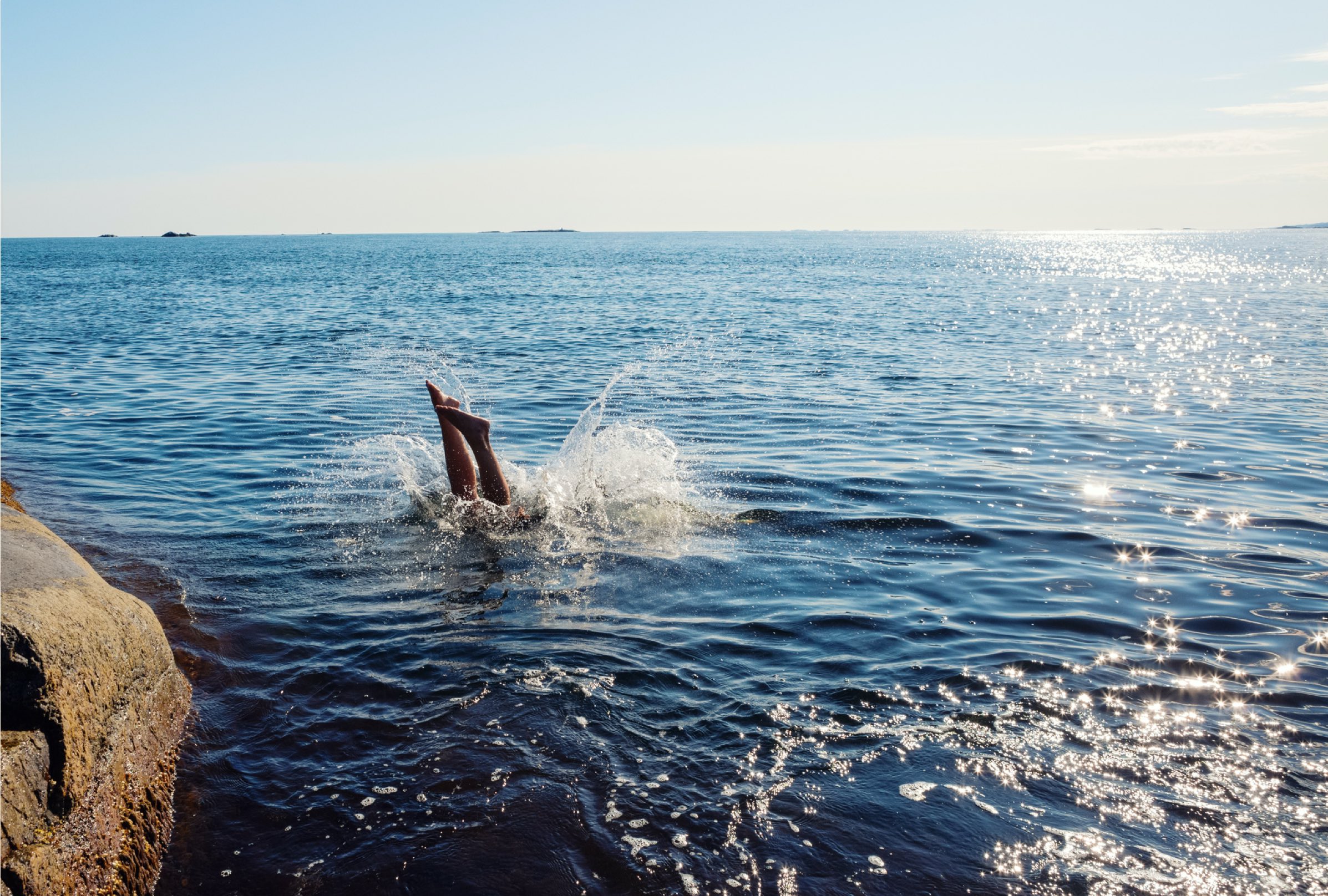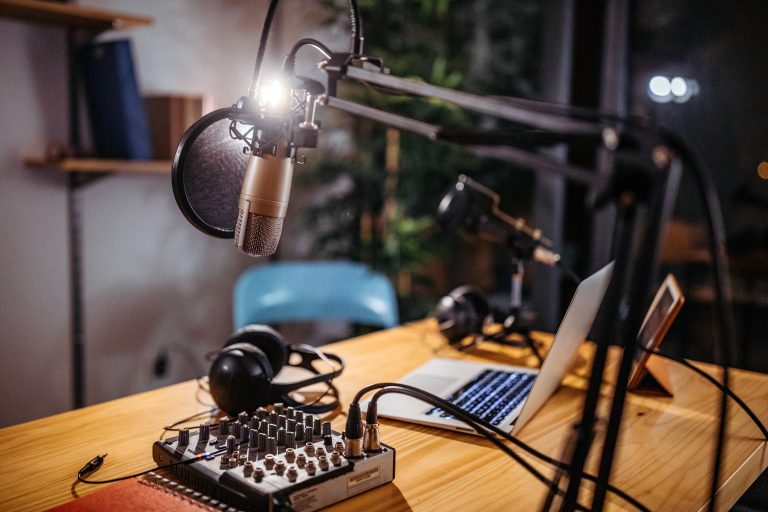6 Science-Based Reasons Vacations Improve Your Work

There’s something elementally magical about summer evenings. With a cool breeze in my face, the sound of crickets chirping, and a faint saltwater taste from an evening swim, I rest my eyes on the blue sea and green islands. In front of me are five blissful weeks of summer vacation. For non-Scandinavians, this sounds astounding: I know many who never take a vacation longer than ten days. Others do, but feel guilty about it. Yet, I’d argue it’s not only a contributor to Finland being the world’s happiest country – personally it’s also a huge productivity boost.
I feel this to be true, but it got me thinking: What does research say — do vacations boost productivity? Turns out, vacations are not only good for you and your health — when done right, they can be crucial for your work performance. Here’s why:
1. You return refreshed and re-energised
This is often the main reason we go on vacation. The daily grind wears us down and we start feeling overwhelmed, exhausted, out of energy. I admit to getting the “June-jitters” — a general feeling of unease, when my body is simply craving some downtime in the Finnish archipelago.
Vacations give us a chance to catch our breath. Research overwhelmingly agrees — studies on employee recovery generally find that vacations increase wellbeing and engagement. For example, teachers who took a two-week vacation returned not only feeling less tired and emotionally burned out, but also more engaged and positive about their work. For Israeli factory workers levels of stress and absenteeism fell for four weeks following a vacation.
In short, the idleness vacations provide is a necessary condition to recharge our batteries.
2. You’re more results-focused
Are you familiar with the “vacation effect”? This is at least what happens to me: a few weeks before vacation, work feels insurmountable. Then magically, on the eve of vacation, projects are wrapped, reports are written, the rest is delegated, and (at least in my house) laundry is done. Vacation is a hard deadline — and that’s a major motivator to getting things done.
Interestingly, research backs this up. A study cited in the Harvard Business Review surveyed 2,310 employees from 20 countries, and found that leaders in countries with more paid vacation days seem slightly more likely to work at a faster pace and feel more impatient. The authors reflected: “having more vacation time seems to help employees better understand the importance of being impatient for results and getting as much done as possible … spending less time at your desk forces you to waste less time”.
In summary: when the beach is calling — action points get done.
3. Downtime sparks creativity
When do you get your best ideas? I’m guessing “the office”, “a meeting”, or “after a long workweek” aren’t at the top of that list. Creativity can be described as our brain’s ability to make connections between different ideas. But when we’re stuck in a routine, our brain can get stuck too.
Brain researchers have found that novelty both motivates the brain to explore, as well as improves our learning. What counts as novelty then? That’s individual, but it doesn’t need to be very complex. For example, one study had participants disconnect from all digital devices and hike in nature for four days. Upon returning, they had a 50 percent spike in creativity. So the vacation doesn’t need to be long if you do it right: disconnect from your phone and email, connect with nature, spend time with others.
So even a shorter vacation, done well, can give you an immense boost in creativity when back on the job.
4. Distance helps us see the bigger picture
This is one of the more surprising vacation benefits for me personally. Often when I get back to work after being away, I look at the to do list I left off, and think: “Hmmm…”. There’s always one or two things that come off as useless, in need of re-scoping, or missing – something important I’ve missed when focused on the details. A 2011 study illustrates this benefit of sporadic breaks: goal reactivation. Picking up where you left off forces you to take a moment to think globally about what you’re trying to achieve.
So by working too hard, you may be working too hard on the wrong things. By going on vacation, you help yourself take a step back and see the whole. Just as “distance makes the heart grow fonder” so too does distance make the brain grow sharper.
5. You get fresh work motivation
I was once at a point in my life where I thought: “I can’t keep doing this, I think I’ll quit”. But I didn’t. Instead I took a four week vacation. After a pile of books, many glasses of chardonnay, a few crazy trips, and countless hours reflecting in a hammock, I returned to work. And I ended up happily staying for three more years.
A proper vacation helps us reset and re-motivate. For example, internal research by Ernst & Young showed that vacations helped slow down employee turnover: every 40 hours of free time extended employees’ stay with the company by eight months. So by giving employees time off, you may actually be getting more time from each employee.
6. You boost your performance
“HR data of 125,000 US employees found that high performing employees took an average of 19 vacation days, compared to individuals with lower marks who took only 14″
So, in addition to the benefits above, is there a direct link that says “more vacation means better performance”? This is trickier, but there is some. In the EY study mentioned, Maryella Gockel, flexibility strategy leader at EY, said: “for each 10 vacation hours a person took, we found that performance reviews were 8 percent higher”. Another study looking at HR data of 125,000 US employees found that high performing employees took an average of 19 vacation days, compared to individuals with lower marks who took only 14.
Naturally, correlation doesn’t necessarily mean causality. It may indeed be that more vacation leads to higher performance. But it may also be the reverse: that high performance makes you feel less guilty about going on vacation. (Or it may be something else, for example that creative individuals with great social skills and high tenure are both better performers AND take more vacation.) The definitive research is still out on this one.
How to make the most of your time off?
Whatever the case, if you want to feel refreshed, be more results-focused and creative, see the bigger picture and get a healthy boost of motivation (or if you want that for your employees) — then a vacation is a good bet.
The space and quiet of vacation sets the stage for that magical summer evening strike of inspiration, and interestingly, it is for many a necessary condition for getting any work done.
So what can you do? A performance-boosting vacation begins months in advance. So whether you’re in the middle of the grind or on your first day back, here are two micro-actions to make the most of your time off:
Action #1: Sort out critical details pre-vacation
Not all vacations are created equal, and researchers have found that poorly planned and stressful vacations eliminate the other positive benefits of time away. The good news though is, that 94% of so called “good” vacations have a positive ROI in terms of your energy, and a key predictor is to plan ahead, thus reducing the last-minute stress. So as you prepare for your annual leave, take just a bit of time and sort out the details: pre-order food, check driving instructions, create an itinerary — right now, not on the first day off.
Action #2: Schedule time for the big picture
After a long vacation it’s tempting to jump into the whirls of work and start fighting fires. But you (and your work) will be better off if you resist the temptation to start with the details and instead book enough time, e.g. a full day of focus-time to 1) clear out your inbox (which is probably overflowing!) and 2) planning out your priorities for the next few months. Only then turn off your out-of-office and let your colleagues know you’re available.



